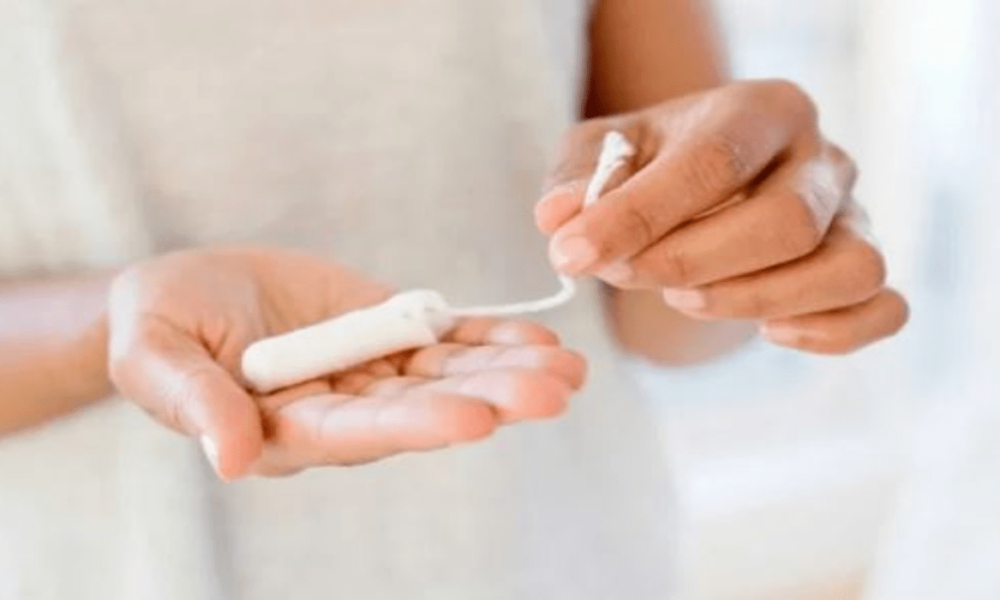Menstruation, or period, is normal vaginal bleeding in a woman’s life. However, as natural as it is, it’s not unusual to feel insecure or risky about your menstrual hygiene.
This could interfere with your daily activities, mood and in some cases, your health might be at risk without proper hygiene during that time of the month.
Unfortunately, bodily functions don’t come with a manual and most of these things we learn through experience.
Here’s a guide to maintaining good menstrual hygiene.
1. Use wet wipes
Menstrual hygiene requires you to pay extra attention to your vagina and give it extra love even if it means investing a little bit more. Wet wipes are more gentle and do a better cleaning job than tissue paper. Additionally, you can substitute your feminine cleaning products with alcohol-free and scent-free wet wipes. To be safe, go for baby wipes.
2. Shower
Showers should be at least twice a day for good menstrual hygiene. Blood residue forms around the vagina over time and if left for too long, it might cause infections. Make sure you shower in the morning and at night before bed to avoid getting rashes or infection due to moisture. Additionally, you should rinse your vaginal area with warm water only. Do not douche or use feminine soaps as this can cause a pH imbalance.
3. Trim your pubic hair
Pubic hair plays a vital role in ensuring reproductive health as it can prevent STIs and other infections. However, it can also cause major problems and interfere with menstrual hygiene when it’s overgrown. Too much pubic hair increases heat which causes sweating. Not only is this unhygienic but also lead to skin irritation or blistering, in extreme cases. Make sure it’s nicely trimmed down there to make it easier to clean.
4. Wash stains immediately
We might try and be very cautious as we sleep, sit or go on with our day but sometimes, you can’t avoid staining your clothes or beddings. Instead of being embarrassed and stacking them away, remove them immediately and clean them with cold water. The longer you wait, the harder it will be to remove blood stains. Additionally, cold water helps to remove blood stains effortlessly. If it’s a stain on a couch, dip a cloth in cold water and wipe repeatedly until the stain is gone.
5. Wrap up used pads
Before disposing of your used pads, ensure they are securely wrapped in the pad wrapper or toilet paper. This will stop any odours and any spread of diseases or infections. You should dispose of your used sanitary towel immediately you remove it. However, do not flush it down the toilet instead throw it in a bin. It’s also necessary to have a secluded bin where you throw these towels to avoid them coming in contact with kitchen equipment.
6. Eat well
Heavy flow is a leading cause of poor menstrual hygiene. Therefore, you should avoid foods that cause heavy flow such as spicy food, alcohol and sweets. Instead, increase your Vitamin C, iron and water intake to regulate your flow and have a pleasant cycle. Menstruation doesn’t have to be a nightmare.
